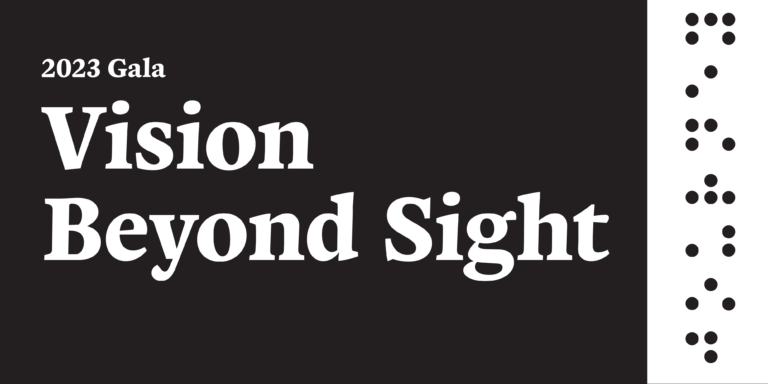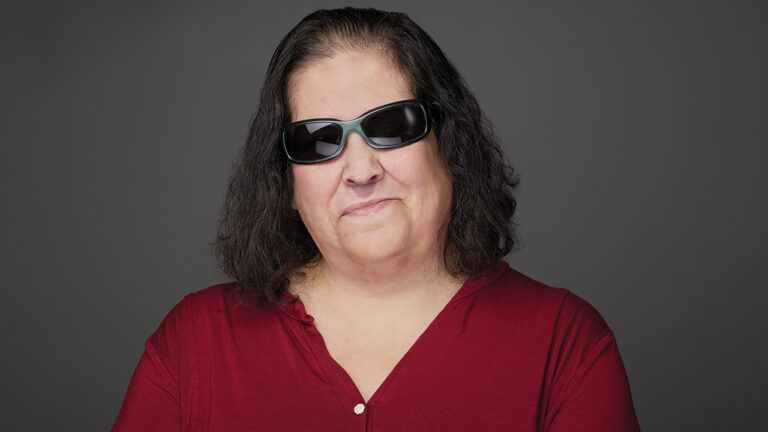We introduce this series to allow our writers to share their own experiences and stories with you. Each one will offer a different perspective of the phrase, “The way I see it.”
Quinita was nervous about living on her own. She thought blind roommates would make the transition easier. However, she discovered it is more about connecting with the people around you than whether or not they face similar challenges. Quinita encourages us to look past what we see to get to know people on a personal level. We all might learn something new.
Let’s talk about roommates. Of course, there are times when we have good ones and other times when we don’t. However, living with roommates can help everyone grow.
A few weeks ago, I was on the phone with a relative. As usual, I was reviewing the list of dramatic events that had taken place at the time. My relative asked me the one question that some people in the blind community get: Are your roommates also blind? My exact response was they were not.
As I write this piece, I want to be clear about something. This is not to speak for everyone in the blind community because everyone has their view on things. However, I have noticed that many of us are often asked questions about roommates and relationships. While providing my perception, I think it is time someone answers it.
I was almost eighteen when I signed my first lease in 2014. My purpose was to have a backup plan in case I did not get into housing on campus. My first two roommates were blind women. I thought having blind roommates would be easier as I adjusted to living independently. It was also what I was more comfortable with, considering how I spent most of my life around people with the same hardships.
Eventually, I wanted to push myself out of my comfort zone and decided to move elsewhere. Since I was in college, living off campus with other students would be an excellent way to integrate myself into the sighted world. Because it was such a drastic change, it took me a while to adjust to the new environment.
First, I had to conquer the flat-top stove, touch-screen microwave, and in-unit laundry. I knew I needed to label everything to perform daily tasks. But I did not know how to ask, let alone explain to my roommates, that this was an accommodation I needed. I started with my microwave. After a few weeks, I showed my roommates how to label things so everyone was included.
As time progressed, I began making friends and felt more comfortable being myself. My roommates did not feel any particular way about my blindness. Most of my roommates so far have been fascinated by what I can do. For example, half of my roommates did not know smartphones were accessible.
I have had roommates for seven years. Now that I have experienced both ends of the spectrum, I can easily say that I do not prefer one over the other. I have enjoyed learning about other people.
Over time, I realized there is a significant difference between people willing to learn about blindness and people who are not. I went from getting offended whenever someone asked me how I carry out my daily life to understanding why questions are asked in the first place. It is because they genuinely do not know.
By taking a chance, I was finding my way into the sighted world and teaching those around me how I do things. For many, it is their first time being around someone who does not have vision. It is natural to wonder how one gets around or can cook and wash clothes without being able to see.
In my personal opinion, whether someone has vision or not is frankly irrelevant. The probability of having toxic roommates in the blind community is just as likely on the other side. Perhaps instead of asking a person if their roommates/partners are blind or not, we should ask blind people about their overall experiences. I think the conversation would have a much more positive result. This approach would allow people to speak more personally because everyone provides a different perspective.
At Outlook Enrichment, we strive to empower people living with vision loss with the skills and tools they need to achieve their goals. We do that through adaptive technology training, recreational activities, community education, and more. If you are interested in taking one of our adaptive technology training classes or getting involved, contact us today.



